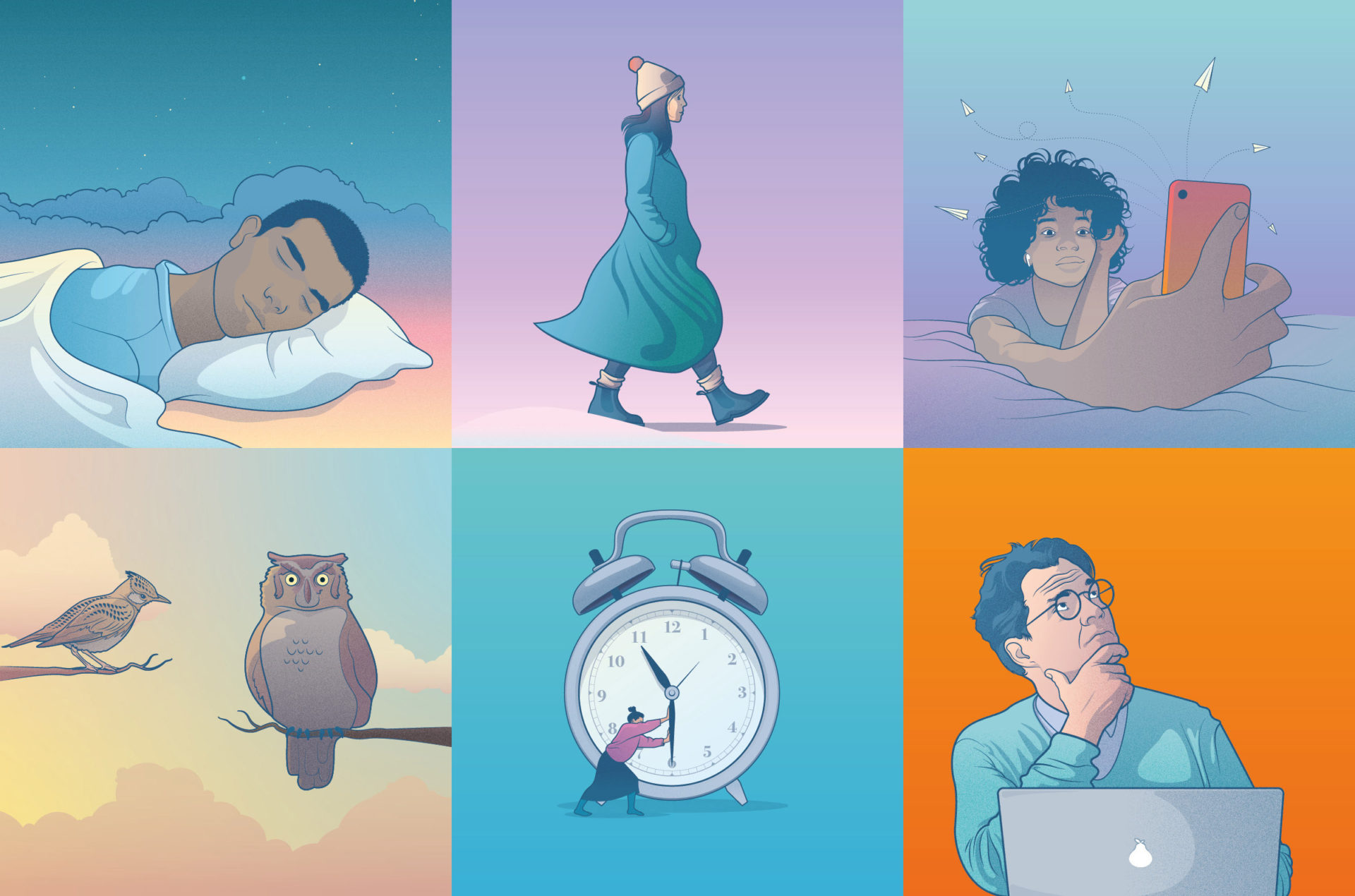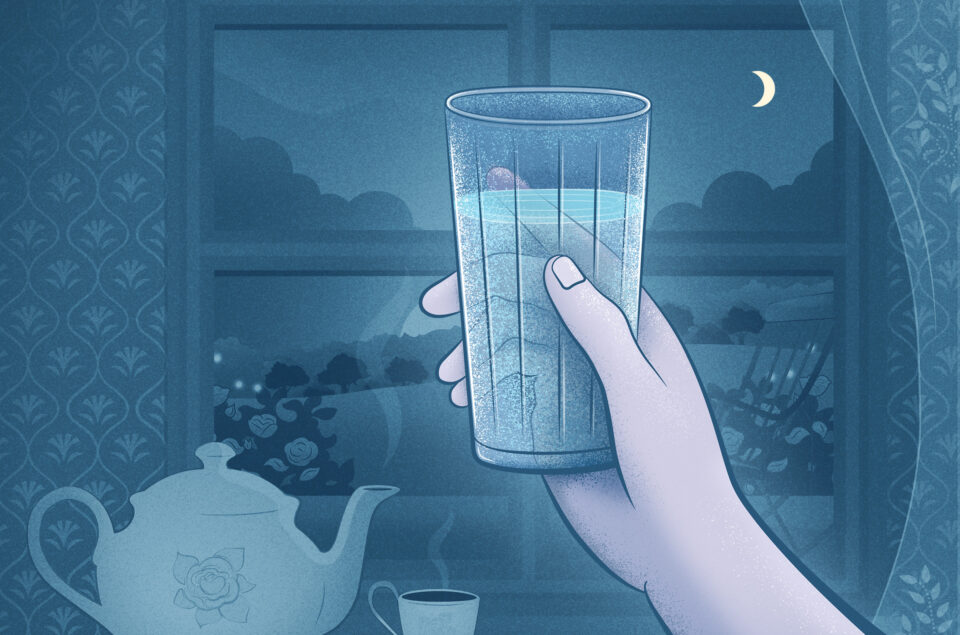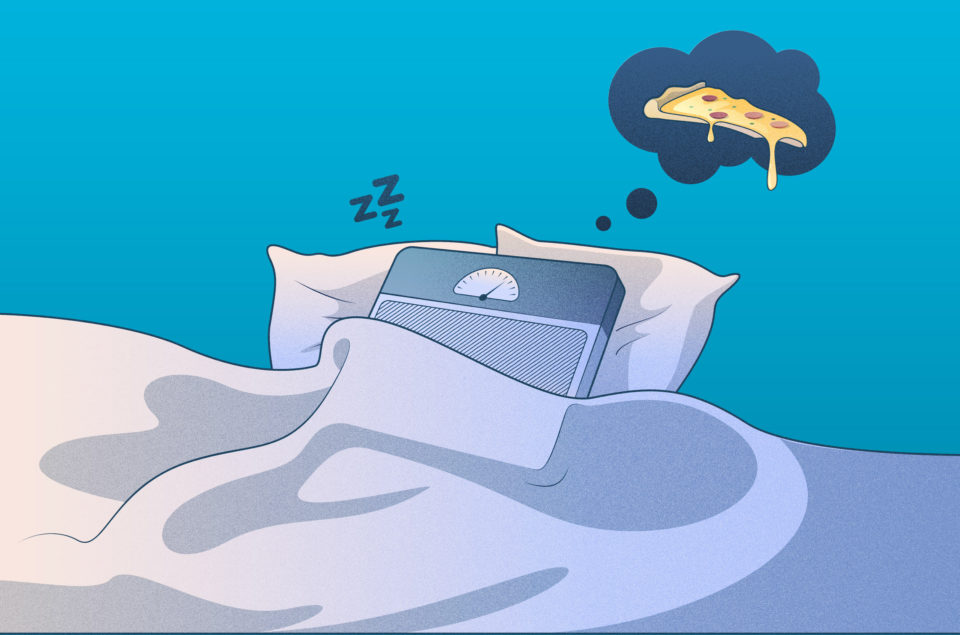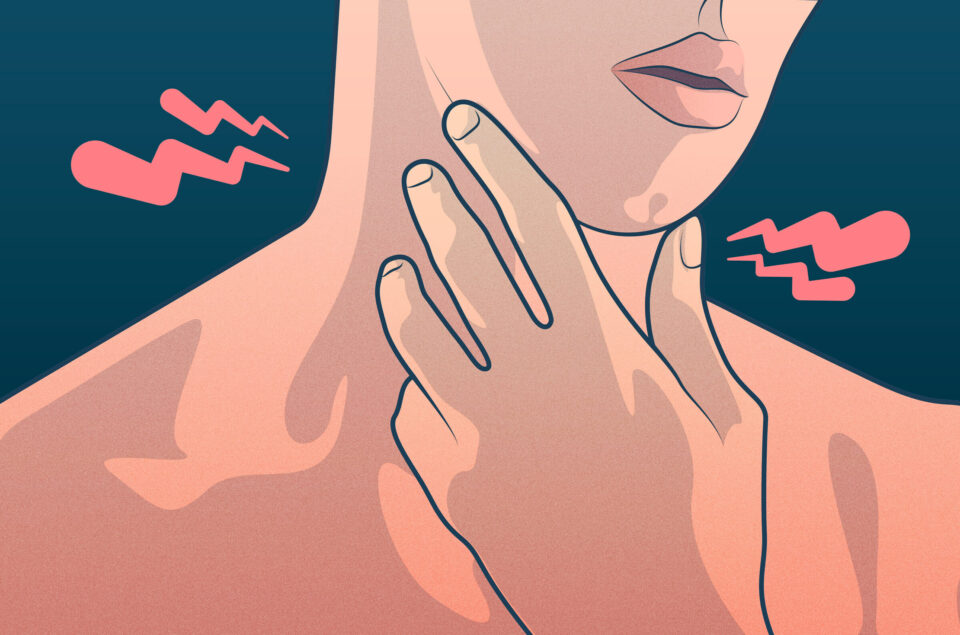On World Sleep Day, we welcome the attention given to sleep, as we see firsthand how sleep can so often be neglected. Yet at the same time, we know how powerful the impact of good sleep can be when we allow ourselves to…that’s right – just sleep.
To celebrate the occasion, we highlight why both sleep quality and sleep quantity are so important and also that you don’t need to make big changes – only follow best practices to feel and sleep better. Often it’s the small changes that make all the difference!
Better sleep is key to better health
A good night’s sleep is one of the best gifts we can give our mind and body. When we sleep, the body’s immune system is activated, important hormones are formed and the production of stress hormones decreases. Sleep has the potential to reduce the risk of high blood fats, cardiovascular disease, type 2 diabetes, depression and fatigue syndrome. Sleep promotes the body’s natural recovery. The body unwinds, muscles relax, our immune system strengthens and important hormones are formed. In parts of the brain, space is left to store new memories. This is vital for us to function.
Why loss of sleep matters
One of several consequences of sleep deprivation is the fairly immediate impact on focus and attention. It can increase the risks of accidents and the emotional strain can lead to conflict, both at home and at work. Lack of sleep also affects our cognitive and emotional abilities, which are needed to function optimally. Planning, decision-making and concentration become more difficult with lack of sleep. Those who suffer from sleep deprivation may therefore have difficulty focusing during longer meetings or absorbing a lot of information at the same time.
Being flexible and innovative in problem-solving becomes extra difficult after a bad night because of our ability to handle the unpredictable. Being tired reduces the motivation to work hard and perform. Lack of sleep thus reduces our ability to cope and perform.
Another reason why sleep deprivation matters can be found in this comprehensive study on sleep in the U.S. It found that adults who were short sleepers (less than 7 hours of sleep per 24-hour period) were more likely to report being obese, physically inactive, and current smokers compared to people who got enough sleep (7 or more hours per 24-hour period).
Quantity and Quality – Both Equally Important
Sleep Cycle’s resident Sleep Expert, Li Åslund, Ph.D. & Clinical Psychologist, elaborates:
“When we speak of sleep, we make a distinction between quantity and quality of sleep, however both are equally important.”
Markers for good sleep are:
- Falling asleep within 30 minutes or less.
- Waking up only a few times during the night (or not at all) and easily falling back asleep.
- Sleeping more than 85% of the time you actually spend in bed.
Signs that your sleep quality could be suffering:
- Falling asleep takes more than 45 minutes
- Waking up several times during the night and finding it hard to fall back asleep again
- Lying in bed for long periods without actually sleeping is also a sign that your sleep quality may be low.
- Feeling tired during the day, finding it difficult to focus and concentrate.
Factors to consider as you begin your journey to better sleep
- Set guidelines for accessibility. If you make yourself available to everyone and during all hours of the day, you’ll find it difficult to implement even the smallest change to your sleep schedule. Clarify expectations to yourself and others about your availability, set boundaries and ensure that there is room to be unavailable with time for recovery. Create specific surfaces for work and recuperation. Perhaps the working day can be started and ended with a shorter walk, to signal the difference between work and rest.
- Morning lark or night owl? Before making radical changes to your sleep routine, it’s important to understand your sleep chronotype. We all have different circadian rhythms, which affects when in the day we perform at our best and are most creative. When you get to know your circadian rhythm, you can start planning your day accordingly, scheduling in more taxing tasks and assignments when you’re at your peak energy-wise and allowing yourself that lie-in if you’re a night owl.
Tips and best practices for better sleep
- Walk & talks are a great way to get daylight (and also exercise), which helps maintain a regular circadian rhythm. Suggesting that more meetings be held outdoors can be a nice part of the day and above all have a positive effect on your health and your place of work.
- Set the scene – a bedroom that also doubles up as a games room, office and dining room, will not be conducive to restful and restorative sleep. Carve out space that is just for sleep and clear away clutter.
- Introduce a sleep routine – whether it’s meditation, scented candles (that you don’t forget to put out), a relaxing bath, reading before bed or calming sleep music. Give your body and mind a chance to wind down.
- Regularity – this is your biggest ally when it comes to improving your sleep quality. As far as possible, stick to regular bedtime and wake-up times, even on the weekends.
- Track your sleep – A sleep tracker can be a powerful tool to help understand your sleep patterns and also discover any anomalies with your sleep. For example, a sleep tracker which also detects your sleep sounds, can help you understand if you snore heavily or detect any other irregularity.
- Sleep Gadgets – there’s a slew of sleep gadgets designed to help you sleep. Lights to help you fall asleep or wake up gently, smart alarms, weighted blankets, eye masks, the list can go on. Do your research to find what could contribute to a positive change in your sleep habits.
- Food & Drinks before bed – avoiding alcohol and caffeine later in the day will help promote better sleep. However, also avoiding certain foods or adding foods to your diet, can help set you up for a better night’s sleep.
- Be mindful of stress triggers – emails, social media, news, TV and so on, can all work as triggers to make your mind go to overdrive and thus delay the onset of sleep. Allow yourself a substantial gap between bedtime and turning off electronic devices.
Better sleep is within your reach
Everyone can learn to sleep well with these practices for better sleep. There are also tools, techniques, gadgets and sleep trackers to allow you to discover the connection between sleep, well-being and physical health. The outcome we hope for with this article is… that it puts you to sleep.
Did you know that sleep is linked to the way we feel and perform at work? Many companies are starting to recognize the impact that sleep has on their team, beyond their productivity, and have invested in programs like our Bootcamp for companies – providing their employees with the resources needed to improve their sleep health. Do you want to learn more? Get in touch today:










